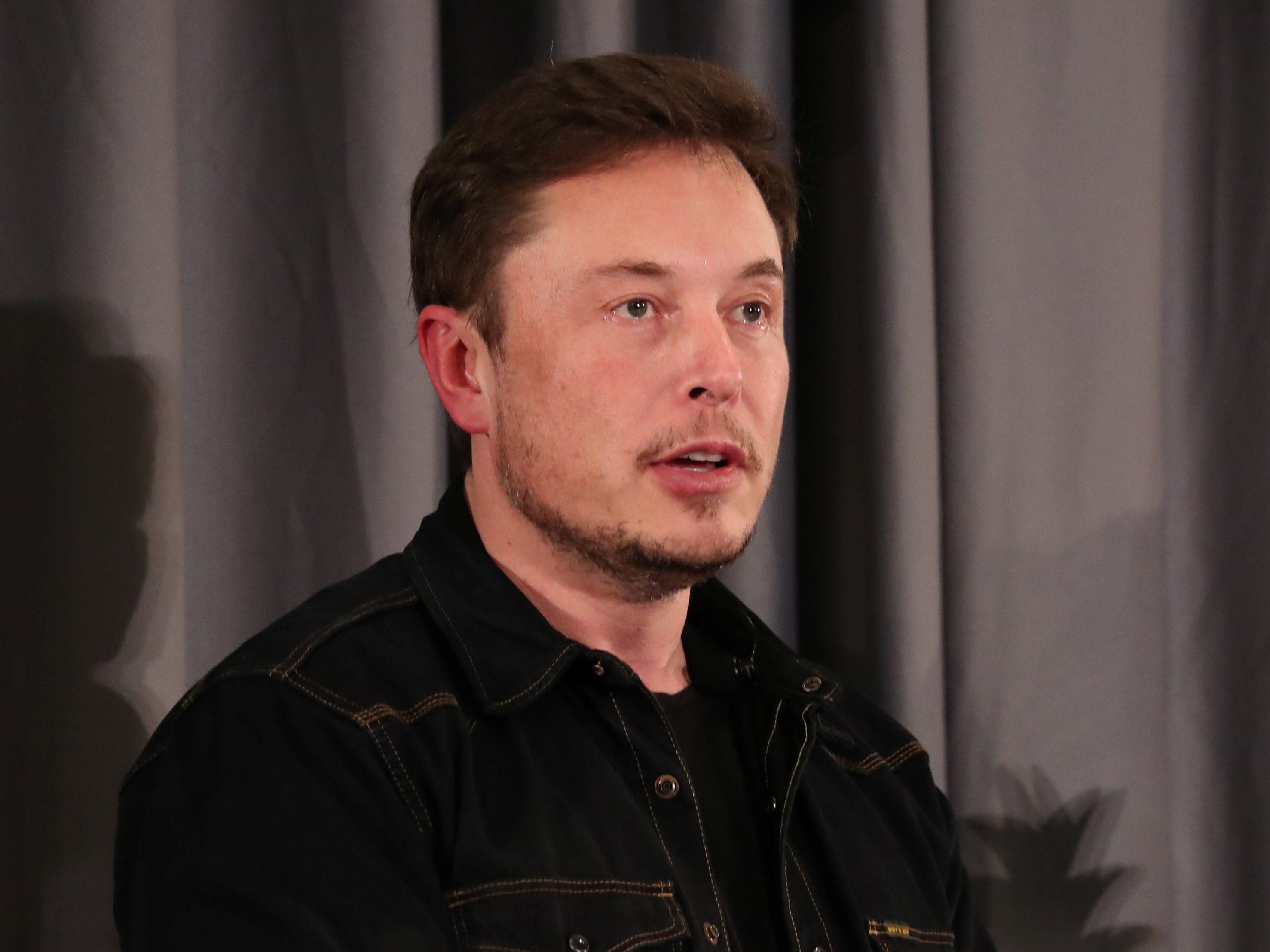
The world’s largest organisation of journalists is among those expressing fears that Elon Musk’s takeover of Twitter could impede press freedom on the app – for example by opening reporters up to more abuse.
It was announced on Monday night that the controversial chief executive of Tesla – and the world’s richest man (pictured) – had reached an agreement with Twitter’s board to purchase the company for a fee of $44bn (£35bn) and take it private.
Musk’s takeover has sparked concerns that he may roll back content moderation on the app, worsening the spread of fake news and misinformation as well as increasing the exposure of journalists to abuse and intimidation.
Anthony Bellanger, general secretary of the International Federation of Journalists, the world’s largest organisation of journalists, said: “Twitter is an extension of journalists’ offices. This is where journalists promote their work, express ideas or find sources of information. This space must be duly moderated while respecting freedom of speech.
“We are concerned that Elon Musk’s plans for Twitter are going the wrong direction by exacerbating opportunities to attack journalists and threatening the anonymity of users.”
Established in 1926, the IFJ represents around 600,000 journalists in 187 unions and associations across 146 countries.
Ricardo Guitterez, general secretary of the European Federation of Journalists which is part of the IFJ, added that Musk “has never hesitated in the past to use Twitter to manipulate information, influence stock prices and control media coverage of his own business.
“We have every reason to believe that he will tighten his grip on the social network for his own benefit, with no regard for the public interest. It is high time to regulate the ownership of media and social networks in order to counteract a concentration of power that is harmful to pluralism, public debate and democracy”.
The tech billionaire, who previously described himself as a “free speech absolutist”, called Twitter the “digital town square where matters vital to the future of humanity are debated” in a statement after the takeover was announced.
He went on to say he wanted to “make Twitter better than ever” by adding new features, making its algorithms open-source and authenticating all humans on the app, though he did not go into detail on what those aims would mean practically.
Musk, who has a following of more than 85 million people on the app, has regularly courted controversy with the content he posts.
He was previously banned from tweeting about Tesla after wiping $14bn off its share price by tweeting that it was being valued too high, and was sued for defamation after calling a cave diver a “pedo guy” in a tweet.
Alongside that, he has at various times tweeted about nuking the planet Mars, joked about quitting his job to become an influencer and shared a meme comparing Canada’s prime minister to Hitler over Covid-19 vaccine mandates.
Nina Robinson, a lecturer in multiplatform and digital journalism at Birmingham City University, said: “Will much change with Elon Musk’s takeover? As a journalist who joined Twitter in July 2009, I have to say I’m worried.
“Elon Musk has been called a ‘free speech absolutist’ which it’s thought will lead to less content moderation which would inevitably increase levels of fake news and misinformation.
“Making social media platforms responsible for real-world consequences has been a slow fight and hard-won. Any rollback on that would be damaging and one to make all journalists using the platform for finding out the truth, would be concerned about.”
Marverine Duffy, another journalism researcher at Birmingham City University, added: “Lots of my friends and associates are threatening to quit Twitter. Why? They are fearful the platform will become 100% worse in its continual amplification of hate and xenophobia.”
“We’ve witnessed countless very nasty and unwarranted personal attacks on honest journalists for simply doing their job. Without the platform being more robust in its takedown of abusers, bots and malicious networks, the chances for abuse to escalate could be even higher.”
A third member of the university’s journalism department, Chris Lepkowski, warned that the sale was “the first real ‘hold your breath’ moment of the social media landscape”.
Some were less critical, with Tortoise journalist Matthew D’Ancona writing in the Standard that “even if Musk wants to make Twitter a home for absolute freedom of expression, the option is not open to him”.
“After years of online mayhem, national and supranational jurisdictions are cracking down significantly with legislation that will make it harder for social media to carry genuinely toxic material (the EU’s new Digital Services Act being but one example),” he went on.
The proposed deal must be approved by Twitter shareholders before it can be finalised.
Picture: Reuters/Lucy Nicholson
Email pged@pressgazette.co.uk to point out mistakes, provide story tips or send in a letter for publication on our "Letters Page" blog
